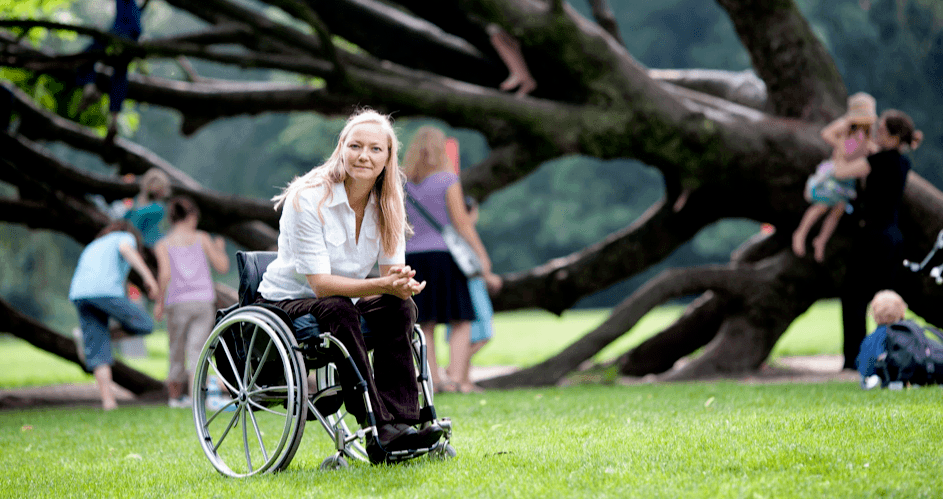Patients Jointly Developing their Own Agenda
Working on an equal footing with patients or people with disabilities. Who would oppose to that? Many doctors and healthcare professionals feel this is a good way to increase the relevance of their work. Some feel it is a moral obligation. But what does it mean to work collaboratively and share power? Can we overcome existing power structures and prejudices? The ladder for citizen participation is a good way to open up the conversation on meaningful involvement of patients.
Quite often I literally envision the participation ladder. I lay the sports on the ground, and ask workers to choose the degree of involvement they practice: information sharing, consultation, advise, partnership or control. Guess what? Information sharing is still dominant. Which is actually a low degree of involvement: patients giving and receiving information.
What can we do to maximize the participation of patients so that they share control over decisions? To develop an agenda of their own. This article shows how this can be done in a systematic and dialogical manner. It reveals that within a safe space and mutual encouragement patients can develop and articulate their voice, prioritize research themes and enter a dialogue with healthcare workers and researchers to share and implement their research agenda.
AR Associate Editor Dr. Svante Lifvergren wrote about this article: ‘I feel that the value of this paper lies in its clarity for healthcare workers, especially those in the design phase of transformative work, especially those asking what it really means to transform power relationships. Sharing power with patients is easy enough for action researchers to talk about, but your efforts to generate knowledge on how to involve patients in redressing power imbalances in health research agenda setting moves good words to the more important realm of good action.’
Blog post written by Tineke A Abma
We invite you to learn more about this experience by reading our article HERE. Free 30-day access is available for this article beginning 28 May 2018.
After you’ve had a chance to read this piece, please share your thoughts, ideas, or experiences with our community in the comments below so we can continue this discussion!
- Making Public Deliberations Inclusive with Mixed Methods AR - October 26, 2020
- Participatory action research with Aboriginal Elders: Ngulluk Koolunga Ngulluk Koort project - October 12, 2020
- Bringing the relational self to ART: Interview with Dr. Yvonne Skipper - October 1, 2020

